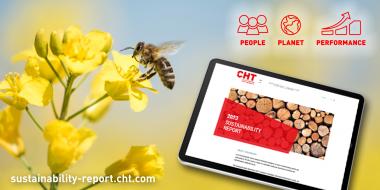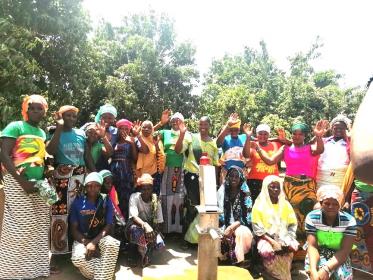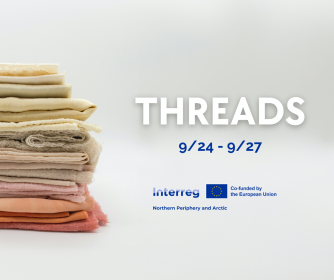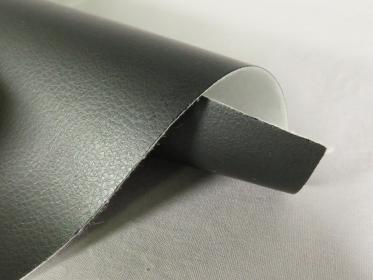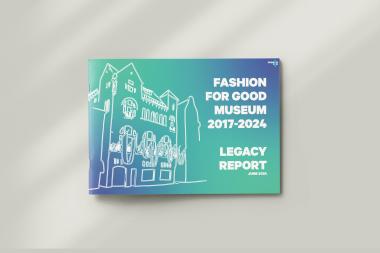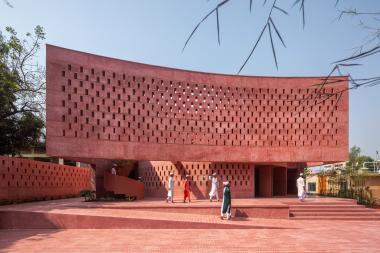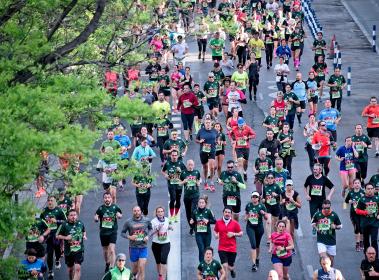Salvation Army wins Outstanding Charity Retailer and Environment Awards
Salvation Army charity shops have won two major awards from the Charity Retail Association for Outstanding Charity Retailer of the Year, and Environmental and Sustainability at the CRA Annual Conference held at the Harrogate Convention Centre on 26th June 2024.
This is the second time the charity has won the Outstanding Charity Retailer of the Year Award in the past four years - winning it outright in 2022 and 2024, and also being shortlisted in 2021 and 2023.
The Environmental and Sustainability Award sets out specific criteria that organisations must demonstrate, including the introduction of green policies, and new ways of dealing with textile recycling.
Both award categories focused on retail initiatives and key achievements over the previous 12 months. SATCoL recently announced its highest trading results and a record-breaking donation to its parent charity of over £11.2m.
In 2022 SATCoL launched its 5-Year Strategic Plan under the theme of ‘Dare to CARE’ – this included new performance measures for People, Planet and Profit. CARE represents SATCoL's values of Compassion, Accountability, Respect and Equality. The company continues to invest in its donation centres and refurbishing more high street shops – 10 new donation centres opened and 9 high street shops were refurbished in the year 2022-23.
SATCoL has also invested heavily in innovations including FibersortTM, an automatic sorting process that identifies and sorts second-hand garments by fibre type, and Project Re:claimTM, a commercial-scale polyester recycling plant designed to recycle end-of-life textiles. Project Re:claim is a joint venture with Project Plan B.
Salvation Army Trading Company Ltd (SATCoL)







